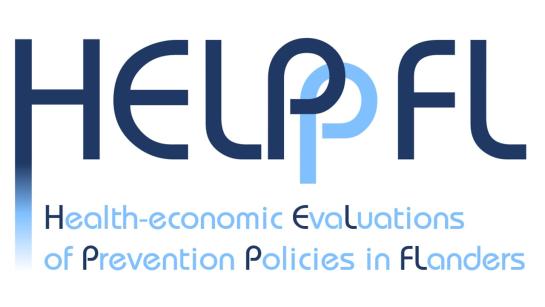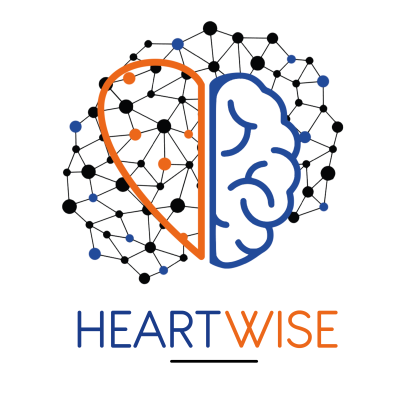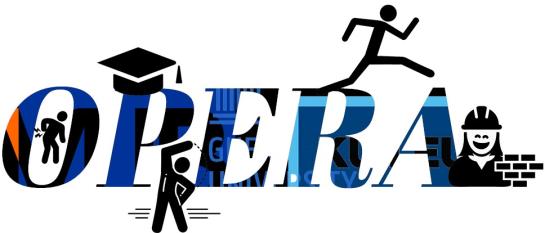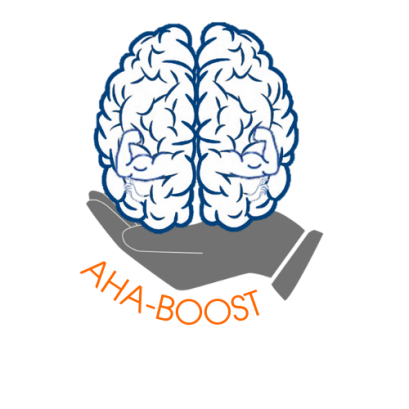HELPPFL
Health-economic evaluations of prevention policies in Flanders.
This research project consists of developing and elaborating on health economic evaluations focusing on universal preventative health strategies. Specific (prevention) strategies are evaluated for their impact and cost-effectiveness to support the policy decisions for the Flemish Government.
Contact persons of the project: Max Lelie & Bo Vandenbulcke
SmartQi
Societal Benefit of Markerless Stereotactic Body Radiotherapy: a Statistical Support based on Quantitative Imaging” (SmartQi) project is to improve the efficiency of advanced radiotherapeutic techniques and to increase patient access to state-of-the-art radiation therapy. SmartQi allows a collaboration between various research domains, such as radiotherapy, radiology, biostatistics and health economics.
Contact persons of the project: Eva Kimpe & Sara-Lise Busschaert
HeaRTWise
HeaRTWise (Health Economic Analysis of Return To Work and societal cost of cardiovascular diseases) -project aims to improve accuracy of patient-specific prognoses for occupational outcomes following Cardiovasular diseases (CVDs).
Contact person of the project: Ellen Tisseghem
HEALTH PFAS
"Health Economic Analysis and Long-Term Impact of PFAS: A Flemish Study"
This study assesses the health impact of PFAS in Flanders and calculates direct and indirect costs. It includes a risk assessment of the environmental health area, cost-of-illness and budget impact studies by I-CHER, and a legal analysis of reimbursable alternatives.
Contact person of the project: Zoë Vandamme
BRILIANT
The BRILIANT project uses big data to address the lack of research on pediatric traumatic brain injury due to small sample sizes. It aims to describe brain-injured children using epidemiological data, model care trajectories, and predict outcomes based on patient characteristics. By combining quantitative and qualitative methods, it identifies barriers to care access and suggests health policy improvements.
Contact person of the project: Viktor-Jan De Deken
PIANISSIMO
Pianissimo is a three-arm multicenter randomized controlled trial to evaluate whether a pain medication tapering program before spinal cord stimulation (SCS) implantation is more effective in reducing disability after 12 months in patients with Persistent Spinal Pain Syndrome Type II who are scheduled for SCS implantation compared with usual care.
Contact person of the project: Frenn Bultinck
Opera
Current post-operative interventions are seemingly not effective to achieve return to work after Spinal Cord Stimulation (SCS) implantation for patients suffering from therapy-refractory persistent spinal pain syndrome type II (PSPS-T2). Despite evidence that SCS can improve RTW, only 9.5 to 14% of patients implanted with SCS are make a successful return to work. This is where the OPERA trial finds it's objective: to examine whether a personalised biopsychosocial rehabilitation programme specifically targeting RTW alters the work ability in PSPS-T2 patients after SCS implantation compared to usual care. More details on the trial can be found at: https://stimulus.research.vub.be/en/opera
Contact persons of the project: Jonas Callens

VIACT
Valuation of Intangible Aspects of Cancer Therapies
A cancer diagnosis marks the beginning of a complex decision-making process in which patients are faced with multiple intensive and often burdensome treatment options with uncertain outcomes. The evaluation of cancer therapies is typically conducted from the perspective of healthcare professionals, with a strong emphasis on survival rates and clinical effectiveness. As a result, intangible aspects such as pain reduction, uncertainty about recurrence, and communication are often overlooked, even though they greatly contribute to patients’ well-being.
The VIACT project aims to address this gap by assessing the value of the intangible aspects of cancer therapies, with a specific focus on patients with head and neck (ENT) and rectal tumors. Central to the project are discrete choice experiments (DCEs), which quantify the relative importance of different treatment attributes. The findings from the DCE can contribute to a better understanding of value assessment and patient preferences. The VIACT project further explores how such value assessments can be integrated into more patient-centered decision-making in oncological care.
The research project is funded by Kom Op Tegen Kanker.
Contact person of the project: Charlotte Sente
AHA Boost
This project investigates whether an additional arm-hand intervention (AHA boost) can improve long-term arm-hand activity and quality of life in hospitalized stroke patients compared to a dose-equivalent treatment. The I-CHER researchers contribute to the implementation of the clinical trial and focus on the health economic aspects and process evaluation of this new approach in everyday practice.
Contact person for this project: Lisa Cruycke
REKOVER
The REKOVER-project focused on the registration and societal costs of traffic accidents. The project was carried out at I-CHER in cooperation with the Belgian Road Safety Institute (BRSI). The aim of I-CHER in the project was to investigate the societal cost of injuries obtained from a road traffic injury and to focus on health service use after a road traffic injury.
OptiBIRTH
Health economic evaluation of the European 'OptiBIRTH' project was an innovative programme to increase VBAC (vaginal birth after caesarean section) using evidence based prenatal strategies, including a health economic evaluation, international comparisons of health related quality of life, healthcare utilisation, and perinatal care in general. (7th Framework programme www.optibirth.eu) (partners: Trinity College Dublin, University of Gothenburg, Zuyd University of Applied Sciences, University of Eastern Finland, University of Ulster, Queen's University Belfast, Medizinische Hochschule Hannover, National University of Ireland Galway, Università degli Studi di Genova, Wetenschappelijk Fonds Willy Gepts UZ Brussel - VUB).
B2aSic
The B2aSic project was a randomized controlled trial investigating perioperative back school and brain school (pain neuroscience education) in patients undergoing surgergy for lumbar radiculopathy. Main outcome measures were pain and endogeneous pain inhibition. Secondary outcomes compromised healthcare utilization and related costs, return to work, surgical experience and pain cognitions. I-CHER was involved to provide an overview of inpatient healthcare utilization and costs of patients undergoing surgery. Additionally, I-CHER researcher investigated treatment effects on healthcare expenditure and return to work and the influence of pain cognitions on these parameters. This project was funded by the Agency for Innovation by Science and Technology (IWT) - Applied Biomedical Research Program (TBM), Belgium.
Cancer Screening
Health economic evaluation of screening programmes of breast-, colorectal- and cervical cancer including a systematic review and health economic modelling of screening programmes. (Flemish Agency for Care and Health, Partner:UGent)
OPTIMUS
Our mission was to generate new knowledge that leads to the optimization of stroke care in the most cost-effective way. OPTIMUS focused on three main pillars of fundamental research: (1) develop new diagnostic and therapeutic methods for pre-and in-hospital acute stroke care, (2) develop new approaches to enhance patient empowerment and medication safety in secondary prevention and (3) develop accurate models to predict stroke outcome. Additionally, (4) objective quantification of the added value of the novel diagnostic (1), therapeutic (1 and 2) and prognostic (3) approaches incorporated in OPTIMUS were obtained using health economic evaluation and Comparative Effectiveness Research analyses of novel care trajectories after stroke.
REBRAIN
The REBRAIN project aims to make accurate predictions about the probability of different employment outcomes, one year after traumatic brain injury. As prospective data collection is very resource intensive, it should be assessed whether routinely collected data can be used for the creation of personalized predictions. This project applies recent data science techniques to create a prediction model using big data on hospital stay, healthcare utilization and employment, which are linked at an individual level. Additional data collection with an extended item set enables the evaluation of the added value of prospective data as opposed to routinely collected data. The predictions resulting from this research can be applied to inform patients, but also clinicians and policymakers on how to optimize current practices regarding the trajectory towards reinstatement. REBRAIN is funded by the Flemish Research Foundation (FWO) and the Fund BENEVERMEDEX (managed by the King Baudouin Foundation).






